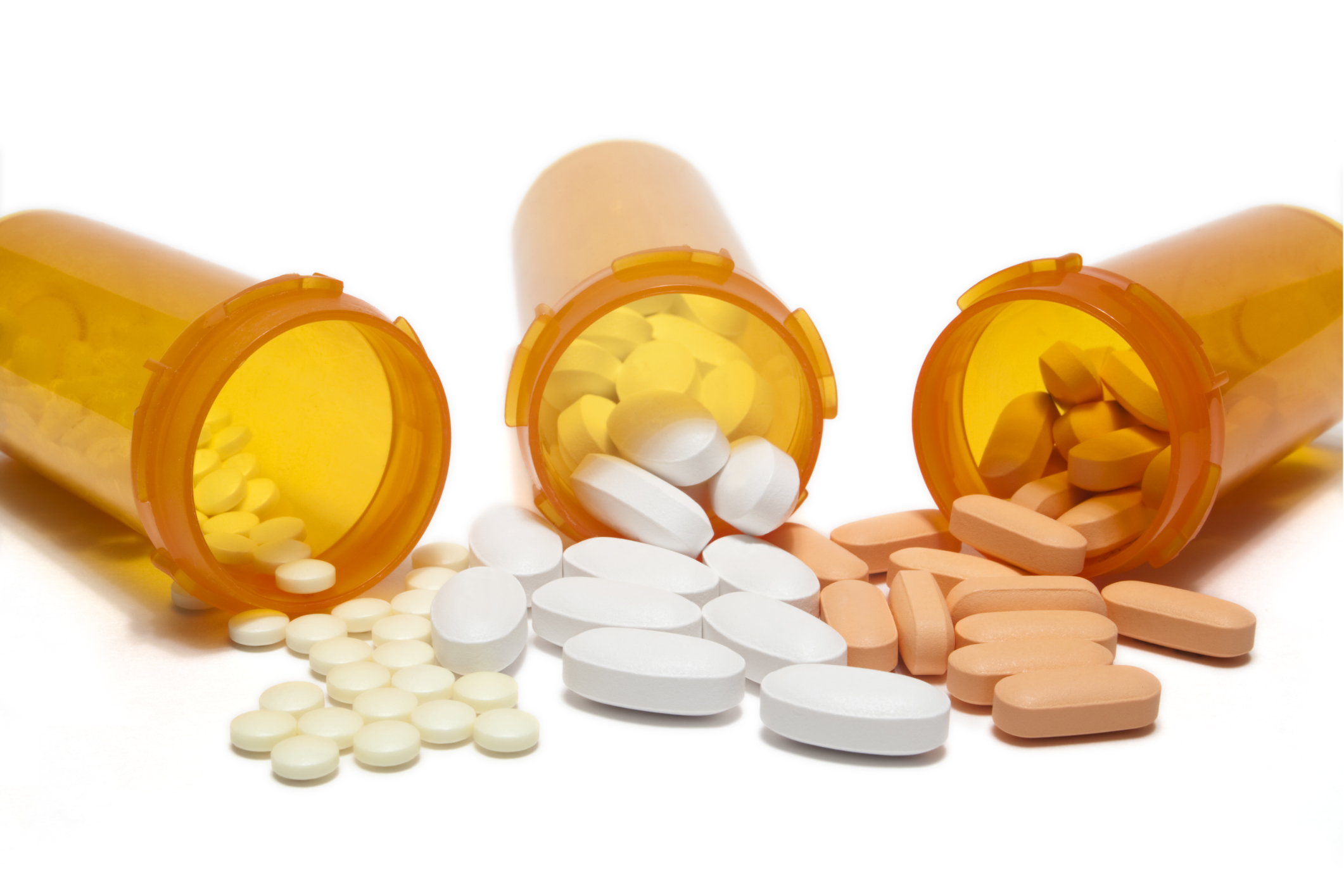BERKELEY, CA (UroToday.com) - Aspirin is one of the oldest and most widely-used medications in the world. Statins (e.g. atorvastatin, Lipitor®) are the best selling drugs in pharmaceutical history. These drugs are usually prescribed to prevent blood clots and lower blood cholesterol.
 Our study showed that men with prostate cancer who were treated with external beam radiation therapy were more likely to have a rise in their PSA (a harbinger for cancer spread and death) if they were not on either drug.[1] The study is unique because of the large number of patients included, the use of only radiation to treat cancer, the inclusion of only one type of cancer, and the assessment of both drugs. Since the publication of our work, the anti-cancer effects of these drugs continue to be noted in laboratory experiments [2] and in clinical studies.[3, 4, 5, 6] Based on the collective published literature, aspirin and statins may have potential in preventing cancer, slowing cancer progression, killing cancer cells, and reducing mortality secondary to cancer.
Our study showed that men with prostate cancer who were treated with external beam radiation therapy were more likely to have a rise in their PSA (a harbinger for cancer spread and death) if they were not on either drug.[1] The study is unique because of the large number of patients included, the use of only radiation to treat cancer, the inclusion of only one type of cancer, and the assessment of both drugs. Since the publication of our work, the anti-cancer effects of these drugs continue to be noted in laboratory experiments [2] and in clinical studies.[3, 4, 5, 6] Based on the collective published literature, aspirin and statins may have potential in preventing cancer, slowing cancer progression, killing cancer cells, and reducing mortality secondary to cancer.
However, our study, like many others, is limited by [1] its retrospective nature,[2] lack of details regarding dose and duration of therapy, and [3] the absence of evaluation of similar anticoagulants (e.g. enoxaparin, coumadin), anti-inflammatory agents (e.g. celecoxib, ibuprofen), and statin subtypes (e.g. lovastatin, simvastatin, rosuvastatin). Moreover, there is still uncertainty in the exact biomolecular action of the drugs, their specificity for particular proteins, and the patients harboring these targets. Although some recent studies show a link between statins, aspirin, and cancer outcomes, others show no clear association.[7, 8, 9] Thus, there is currently no definitive evidence recommending the use of the drugs in cancer patients.
In order to make meaningful conclusions and influence clinical decision making of prescribing these drugs for individual cancer patients, future studies will focus on factors not assessed in the published literature. Basic laboratory experiments will help to elucidate the enzymes and proteins that are targeted by the drugs. To complement, prospective clinical studies will integrate more detailed data about drug, dose, and duration, and patient-specific characteristics, including biomarkers that would make patients ideal candidates for therapy.
References:
- Zaorsky NG, Buyyounouski MK, Li T, Horwitz EM. Aspirin and Statin Nonuse Associated With Early Biochemical Failure After Prostate Radiation Therapy. Int J Radiat Oncol Biol Phys. May 30 2012.
- Brown M, Hart C, Tawadros T et al. The differential effects of statins on the metastatic behaviour of prostate cancer. Br J Cancer. May 8 2012;106(10):1689-1696.
- Rothwell PM, Price JF, Fowkes FG et al. Short-term effects of daily aspirin on cancer incidence, mortality, and non-vascular death: analysis of the time course of risks and benefits in 51 randomised controlled trials. Lancet. Apr 28 2012;379(9826):1602-1612.
- Shebl FM, Sakoda LC, Black A et al. Aspirin but not ibuprofen use is associated with reduced risk of prostate cancer: a PLCO Study. Br J Cancer. Jun 26 2012;107(1):207-214.
- Marcella SW, David A, Ohman-Strickland PA, Carson J, Rhoads GG. Statin use and fatal prostate cancer: A matched case-control study. Cancer. Aug 15 2012;118(16):4046-4052.
- Lehman DM, Lorenzo C, Hernandez J, Wang CP. Statin use as a moderator of metformin effect on risk for prostate cancer among type 2 diabetic patients. Diabetes Care. May 2012;35(5):1002-1007.
- Chan JM, Harrison SL, Bauer SR et al. Statin use and risk of prostate cancer in the prospective Osteoporotic Fractures in Men (MrOS) Study. Cancer Epidemiol Biomarkers Prev. Aug 9 2012.
- Mass AY, Agalliu I, Laze J, Lepor H. Preoperative Statin Therapy is not Associated with Biochemical Recurrence After Radical Prostatectomy: Our Experience and Meta-Analysis. J Urol. Sep 2012;188(3):786-791.
- Alizadeh M, Sylvestre MP, Zilli T et al. Effect of statins and anticoagulants on prostate cancer aggressiveness. Int J Radiat Oncol Biol Phys. Jul 15 2012;83(4):1149-1153.
Acknowledgements: The original manuscript was presented at the Annual meeting of the American Radium Society, Palm Beach, FL, April 30-May 4. This publication was supported by grant number P30 CA006927 from the National Cancer Institute/NIH and a departmental Varian Grant. Its contents are solely the responsibility of the authors and do not necessarily represent the official views of the National Cancer Institute, the National Institutes of Health, or Varian. The authors thank Dr. Gerald Hanks for his leadership in the establishment of the Fox Chase Cancer Center database for the treatment of prostate cancer.
Approval/disclosures: All authors have read and approved the manuscript. We have no financial disclosures. This study was approved by the IRB.
Conflicts of Interest Notification: We have no conflicts of interests.
Written by:
Nicholas G. Zaorsky, MD;a Mark K. Buyyounouski, MD, MS;a Tianyu Li, MS;b and Eric Horwitz, MDa as part of Beyond the Abstract on UroToday.com. This initiative offers a method of publishing for the professional urology community. Authors are given an opportunity to expand on the circumstances, limitations etc... of their research by referencing the published abstract.
a Department of Radiation Oncology, Fox Chase Cancer Center, Philadelphia, PA
b Department of Biostatistics, Fox Chase Cancer Center, Philadelphia, PA
Corresponding Author:
Mark K Buyyounouski, MD, MS
Department of Radiation Oncology
Fox Chase Cancer Center
Philadelphia, PA 19111
Email:
Aspirin and statin nonuse associated with early biochemical failure after prostate radiation therapy - Abstract

More Information about Beyond the Abstract


